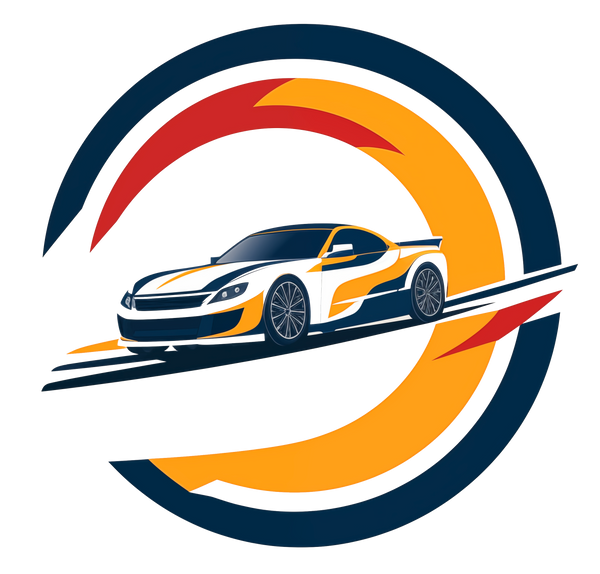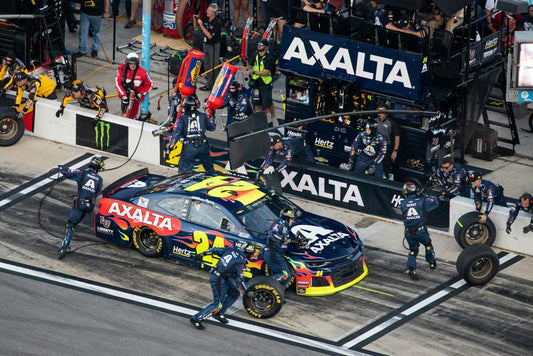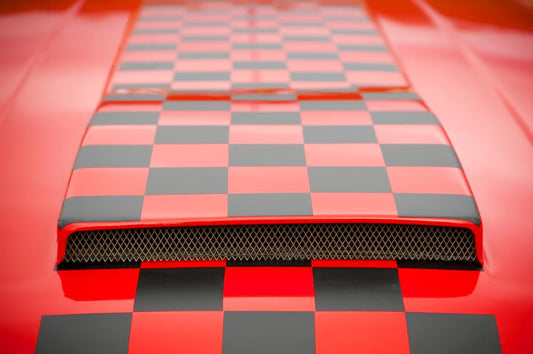NASCAR Tomorrow: Forecasting Evolutions in Auto Racing

NASCAR, has been a staple in American motorsports for decades. With its roots dating back to the 1940s, NASCAR has become synonymous with high-speed racing, passionate fans, and iconic drivers. However, as the world evolves and technology advances, it is crucial for NASCAR to look towards the future and adapt to the changing landscape of auto racing. In this blog post, we will explore some of the trends and predictions for the future of NASCAR, including the potential for electric vehicles, autonomous driving technology, challenges facing the sport, technology and innovation, sustainability, and the embrace of electric cars.
Electric Vehicles Entering the Landscape
In recent years, there has been a growing popularity and demand for electric vehicles (EVs). With concerns about climate change and the desire for more sustainable transportation options, EVs have gained traction in the automotive industry. This shift towards electric vehicles begs the question: will we see electric race cars in NASCAR?
While NASCAR has traditionally been associated with the roar of powerful gasoline engines, the potential for electric race cars in the sport is not out of the question. In fact, there have been discussions about introducing electric vehicles into NASCAR races. The impact of electric race cars on performance and fan engagement could be significant. Electric motors offer instant torque, which could lead to faster acceleration and potentially more exciting races. Additionally, the quieter nature of electric vehicles could allow fans to hear the sounds of the race track and the strategy of the drivers more clearly.
One example of a company that has shown interest in electric racing is Tesla. While Tesla has not directly partnered with NASCAR, the company has made waves in the automotive industry with its innovative electric vehicles. Tesla's advancements in battery technology and performance have shown that electric cars can be fast and exhilarating. If Tesla were to enter the world of NASCAR, it could bring a new level of excitement and technology to the sport.
Autonomous Driving Technology
Another trend that is rapidly emerging in the automotive industry is autonomous driving technology. Self-driving cars are no longer a distant dream but a reality that is quickly becoming more prevalent on our roads. As autonomous technology continues to advance, it raises the question of whether it will find its way into NASCAR races.
While the idea of autonomous race cars may seem counterintuitive to the competitive nature of NASCAR, there are potential benefits to integrating autonomous driving technology into the sport. For one, it could enhance safety on the race track. Autonomous systems have the potential to react faster than human drivers, reducing the risk of accidents. Additionally, autonomous race cars could push the boundaries of performance, as the technology could optimize driving lines and eliminate human error.
One example of a company that has partnered with NASCAR on autonomous technology is Ford. Ford has been at the forefront of autonomous driving research and development, and they have expressed interest in exploring the integration of autonomous systems in NASCAR races. While the specifics of their partnership are still being worked out, it is clear that autonomous driving technology could play a role in the future of NASCAR.
Challenges Facing the Future of NASCAR
As with any sport or industry, NASCAR faces its fair share of challenges. One of the major challenges is declining viewership and attendance. In recent years, NASCAR has seen a decline in television ratings and a decrease in the number of fans attending races. This trend is not unique to NASCAR, as many traditional sports are also experiencing similar challenges in the age of digital media and changing viewer preferences.
To address these challenges, NASCAR needs to find ways to attract younger fans. The sport has a strong fan base of older generations, but it needs to adapt to the preferences and interests of younger demographics. This could involve leveraging social media and digital platforms to engage with fans, creating new and exciting race formats, or exploring partnerships with popular brands and influencers that appeal to younger audiences.
One example of NASCAR's efforts to engage younger generations is their partnership with the popular video game franchise, "NASCAR Heat". The game allows fans to experience the thrill of NASCAR racing from the comfort of their own homes, and it has been successful in attracting a younger demographic to the sport. By embracing new technologies and platforms, NASCAR can create a more immersive and interactive experience for fans, helping to revitalize the sport for future generations.
Technology and Innovation in NASCAR
NASCAR has a rich history of embracing technology and innovation. From advancements in safety to improvements in performance, technology has played a significant role in shaping the sport. Looking towards the future, there is immense potential for new advancements that could further enhance safety, performance, and the overall fan experience.
One area where technology has already had a significant impact on NASCAR is data and analytics. Teams use advanced data collection and analysis techniques to optimize their race strategies, improve performance, and gain a competitive edge. Companies like IBM have been instrumental in developing data and analytics solutions for NASCAR teams, providing real-time insights and predictive modeling to help teams make informed decisions on the race track.
As technology continues to advance, we can expect to see further innovations in areas such as aerodynamics, engine efficiency, and driver assistance systems. These advancements could lead to faster and safer races, as well as a more engaging experience for fans. Whether it's through virtual reality experiences or interactive fan engagement platforms, technology will undoubtedly play a crucial role in shaping the future of NASCAR.
Sustainability and Green Initiatives
In recent years, there has been a growing concern for environmental issues and the need for more sustainable practices in all industries. NASCAR has recognized this and has made efforts to address sustainability and promote green initiatives. From recycling programs to the use of biofuels, NASCAR has taken steps to reduce its environmental impact.
Looking towards the future, there is potential for even greener practices in NASCAR. With advancements in renewable energy and the potential for electric race cars, the sport could become a leader in sustainable racing. By partnering with companies like NextEra Energy, NASCAR has the opportunity to explore renewable energy solutions and further reduce its carbon footprint.
Embracing Electric Cars
While we have already discussed the potential for electric race cars in NASCAR, it is worth exploring further the benefits of embracing electric cars in the sport. Electric race cars could bring a new level of technological advancements and fan engagement to NASCAR. The instant torque and acceleration of electric motors could lead to more exciting races, while the quieter nature of electric vehicles could enhance the overall experience for fans.
One example of a racing series that has found success with electric cars is Formula E. Formula E is a single-seater electric racing series that has gained a following for its thrilling races and commitment to sustainability. By embracing electric cars, NASCAR could tap into a new demographic of fans who are passionate about electric vehicles and clean energy.
The embrace of electric cars in NASCAR could also have a broader impact on the racing industry as a whole. As more racing series adopt electric technology, it could spur advancements in battery technology and charging infrastructure, leading to more accessible and affordable electric vehicles for everyday consumers.
Conclusion
The future of NASCAR is filled with exciting possibilities. From the potential for electric vehicles and autonomous driving technology to the challenges facing the sport and the role of technology and innovation, NASCAR is poised to evolve and adapt to the changing times. By embracing sustainability, exploring new partnerships, and engaging with younger generations, NASCAR can ensure its continued success for years to come. As fans, it is important for us to support the sport and be open to the changes that lie ahead. The future of NASCAR is bright, and we can't wait to see what tomorrow holds for auto racing.



